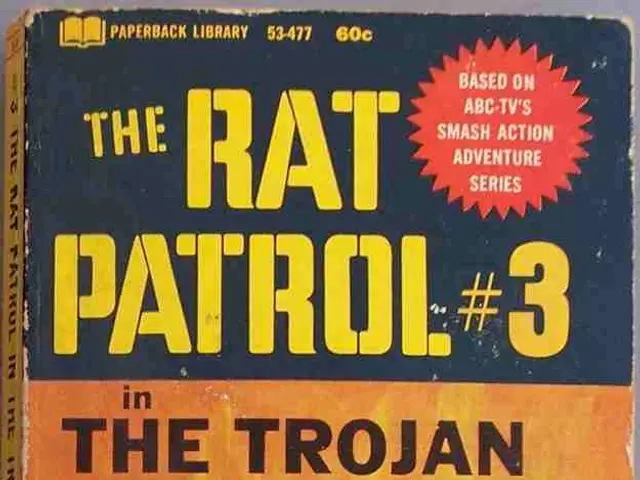Studios file copyright infringement lawsuit against Chinese AI firm
In a significant development for the technology industry, Disney, Universal Studios, and Warner Bros Discovery have filed a copyright infringement lawsuit against Chinese AI company MiniMax. The lawsuit, filed on September 16, 2025, alleges that MiniMax's Hailuo AI service pirates and plunders the copyrighted works of the entertainment giants on a massive scale.
The outcome of this case may influence how technology companies approach licensing negotiations and implement protection measures for copyrighted material. Successful resolution of these copyright cases could establish important precedents for AI training practices and commercial use of generated content.
MiniMax, a Chinese AI video technology firm, reportedly raised $850 million in venture capital by January 2025, achieving a $4 billion valuation. The company operates multiple subscription tiers, with users generating high-quality, downloadable content featuring iconic characters through simple text prompts.
The lawsuit details MiniMax's promotional strategy, which allegedly includes using copyrighted characters in official advertisements across various platforms. The company's "Explore" page publicly displays videos generated by other subscribers that feature copyrighted characters, demonstrating the company's knowledge of specific infringements and its strategy to attract subscribers.
Technical safeguards exist within Hailuo AI that block content containing violence or nudity, but the studios argue MiniMax has deliberately chosen not to apply similar protections for their intellectual property. The training methodology behind Hailuo AI involves the collection of copyrighted content through automated tools and its use to train the AI system, creating "innumerable unauthorized copies" of protected works.
The studios argue that allowing unauthorized use would undermine incentives for future creative work and threaten established licensing markets. The financial stakes in the case reflect both MiniMax's rapid growth and the entertainment industry's economic concerns.
This legal action follows previous copyright battles the same studios initiated against AI company Midjourney. The case advances broader questions about artificial intelligence development in global markets with different legal frameworks and enforcement mechanisms. Chinese companies operating AI services that serve international users face increasing scrutiny from intellectual property owners willing to pursue cross-border litigation.
The entertainment industry's enforcement strategy signals its determination to protect decades of creative investment and character development. AI platforms are reshaping advertising landscapes, offering creative efficiencies but posing intellectual property risks for brand owners.
It remains to be seen how the courts will rule in this case, but one thing is clear: the intersection of AI and copyright law is a complex and evolving issue that will require careful consideration and thoughtful solutions.
Read also:
- Industrial robots in China are being installed at a faster rate than in both the United States and the European Union, as the global market for these robots faces a downturn.
- Undeads Games Reaches $30 Million TVL and Gears Up for MMORPG Debut
- Hyundai N affirms transition to hybrid performance-centric models, initiating with Tucson N
- Galvanize Unveils $1.3 Billion Plan to Fund the Energy Sector's Evolution Pathway








